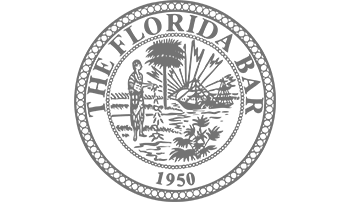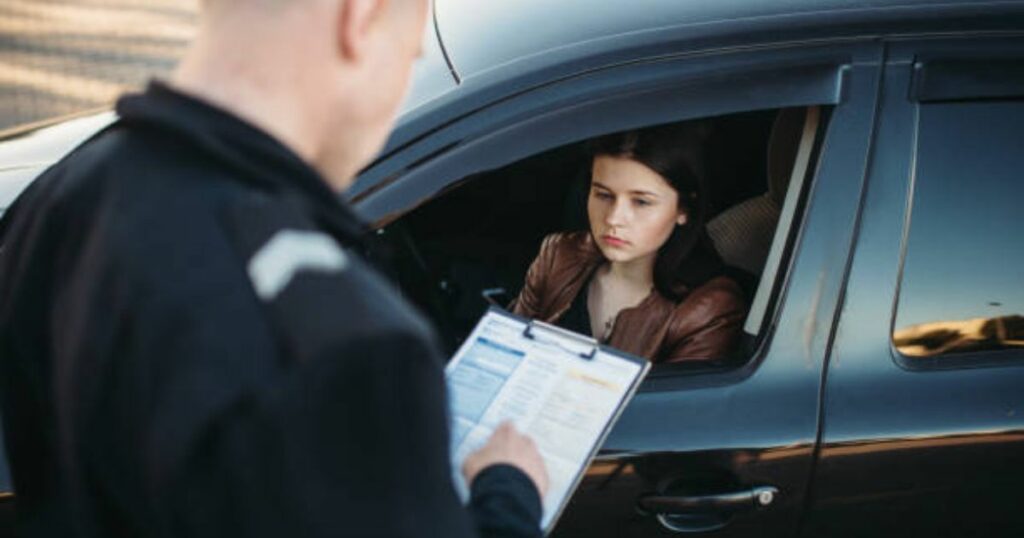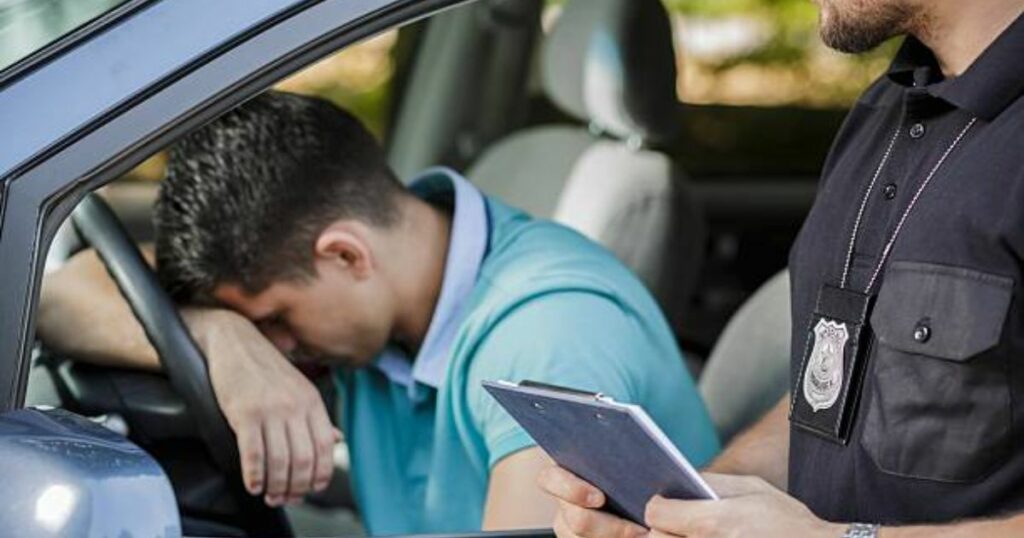






Driving is a privilege granted upon meeting specific criteria, and holding a valid driver’s license is a fundamental requirement to operate a vehicle legally. In Florida, violating this requirement can result in severe penalties.
This article delves into the intricacies of driving without a license in Florida, examining the meaning of this offense, differences from a suspended license, penalties, possible defenses, exemptions, and expert guidance.

Driving without a valid license is a legal violation, as outlined by Section 322.03(1) of the Florida Statutes. According to this statute, individuals are required to possess a valid driver’s license to be legally allowed to operate a motor vehicle within the state. Therefore, if someone is caught driving without a valid driver’s license, they are considered to be in breach of this law.
In Florida, a driver’s license serves as an official document indicating that an individual has met the state’s requirements for operating a motor vehicle. This usually involves passing a written and practical driving test, as well as meeting certain age and residency criteria. Failing to obtain or carry a valid driver’s license while driving is a direct violation of these state regulations.

A “no valid license” offense in Florida occurs when an individual operates a motor vehicle without ever obtaining a valid driver’s license. This is a violation of the law.
On the other hand, a “suspended license” refers to driving after a valid license has been temporarily revoked due to infractions, such as traffic violations or non-payment of fines.
While both offenses involve driving without a valid driver’s license, the distinction lies in whether the individual never had a valid license or had one that was temporarily revoked. Both offenses can result in legal consequences, fines, and potential imprisonment.

Driving without a license in Florida can lead to various penalties, including:

While the penalties for driving without a license are stringent, there are potential defenses that individuals may employ. Defenses for driving without a license in Florida may include:
While Florida generally requires individuals to possess a valid driver’s license, there are certain exemptions to this requirement. Some exemptions include:
At Erase the Case, our expert expungement lawyers specialize in clearing or expunging your case. With personalized guidance and strategic defense, we navigate the legal complexities, protecting your rights for a clean slate. Your second chance is just a call away.
Yes, according to Florida law, a valid driver’s license is needed so you can operate a motor vehicle.
Operating a vehicle with an expired license may constitute a second degree misdemeanor, and individuals could be subject to penalties. It is essential to renew the license before its expiration date.
A habitual traffic offender in Florida is an individual who accumulates a specific number of traffic-related convictions within a certain timeframe. This status can lead to severe consequences, including license suspension.



